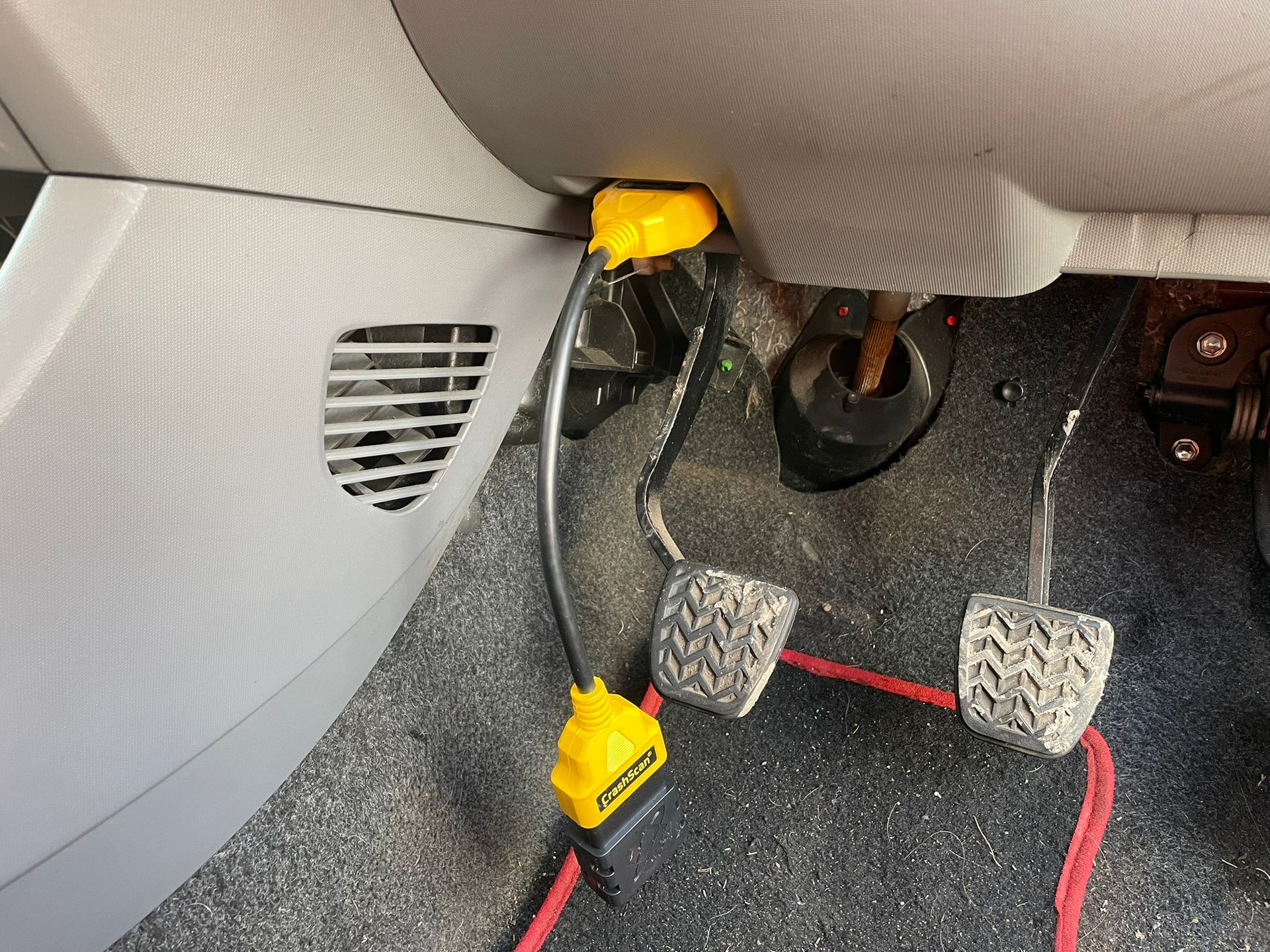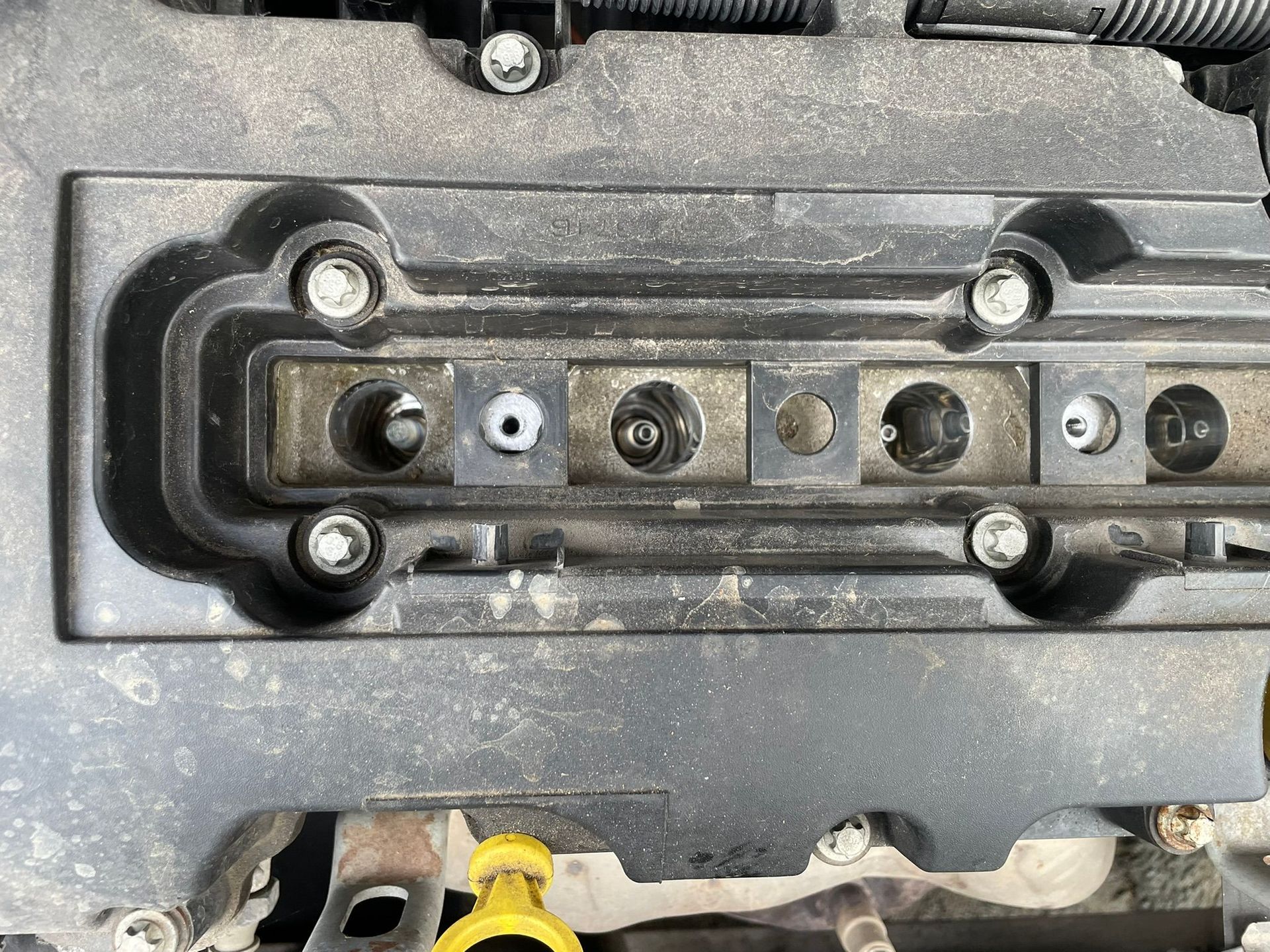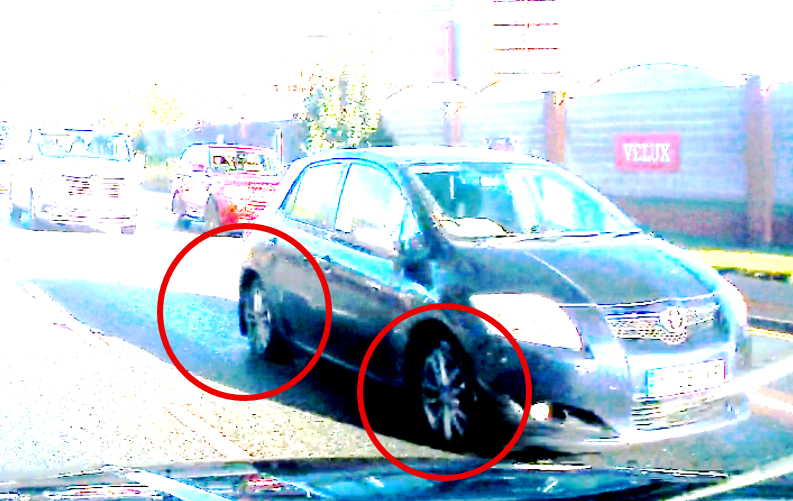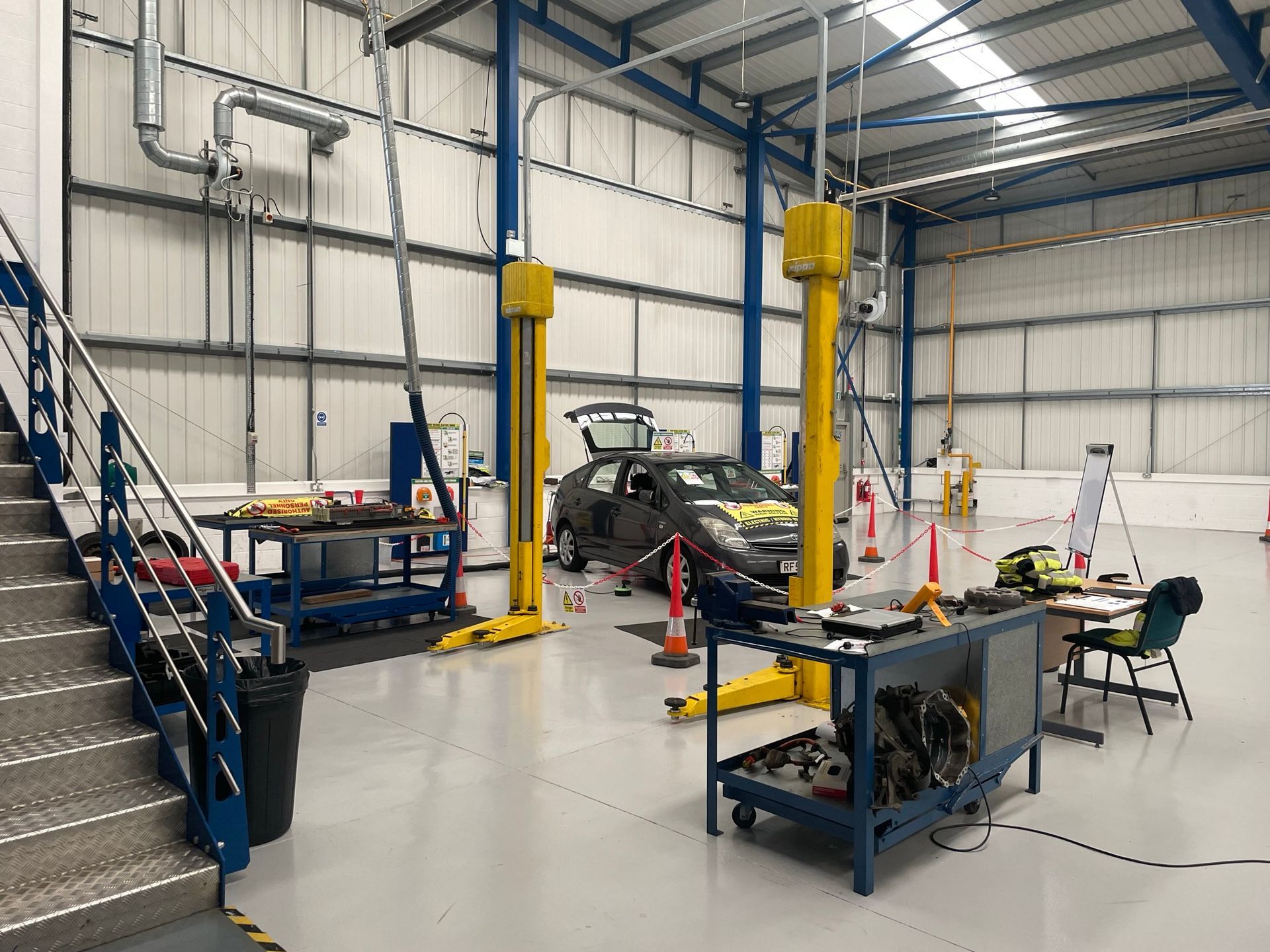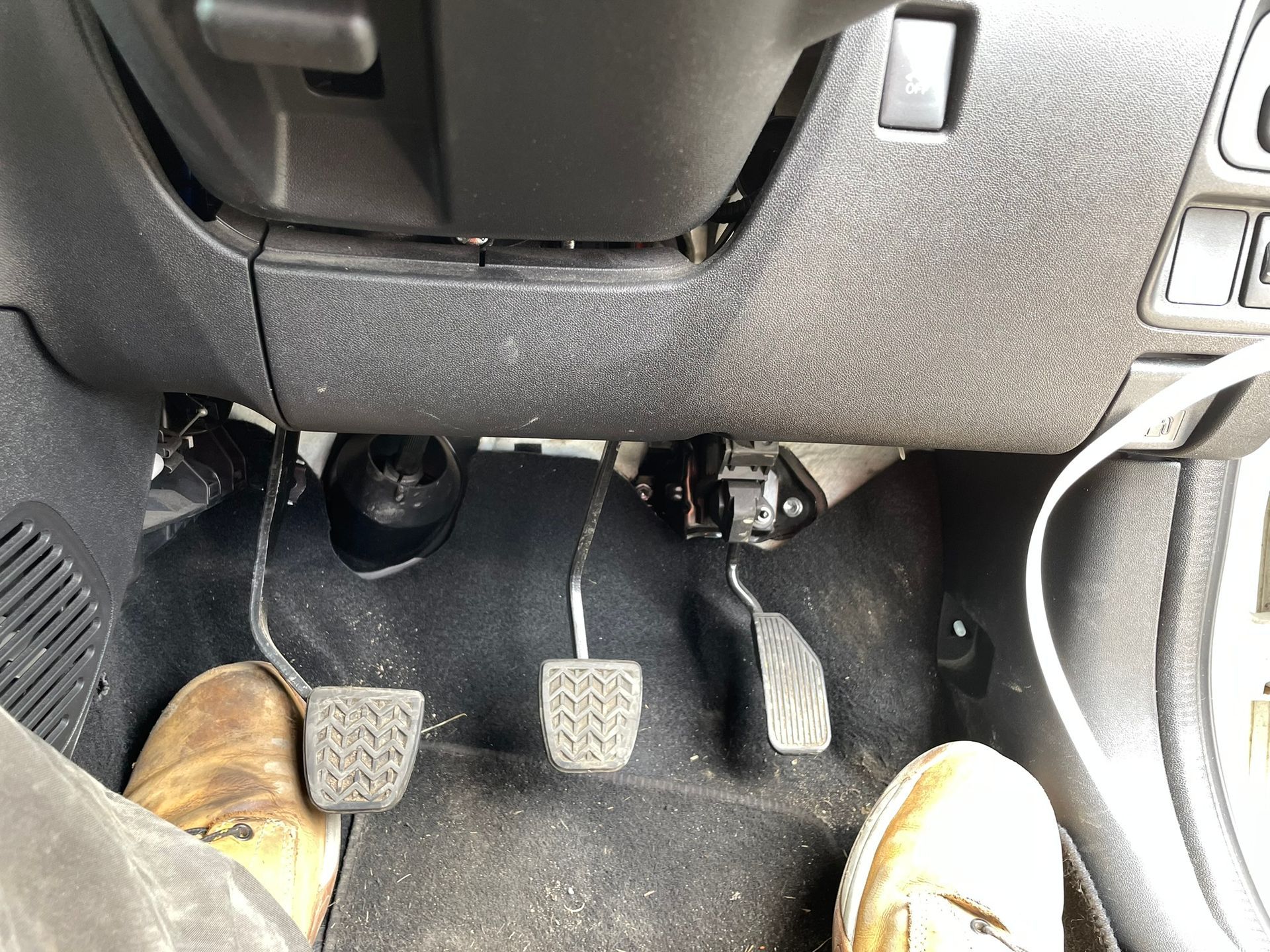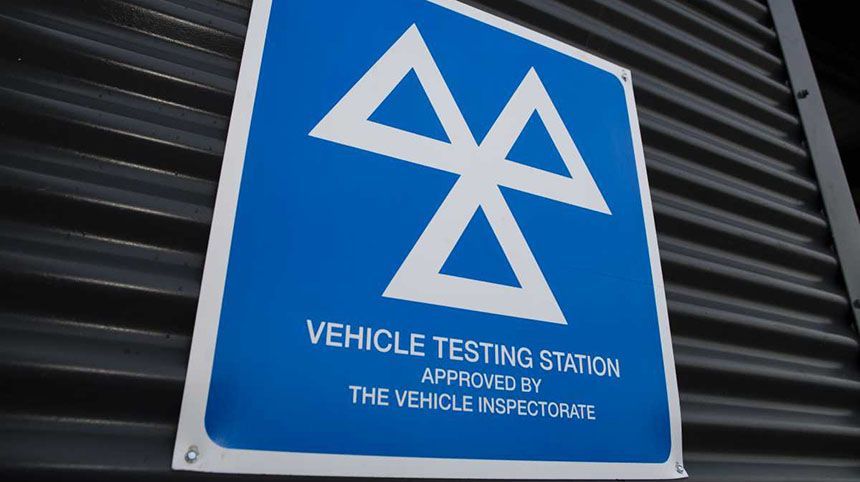Crash data detected , but after how long? How long does EDR data last
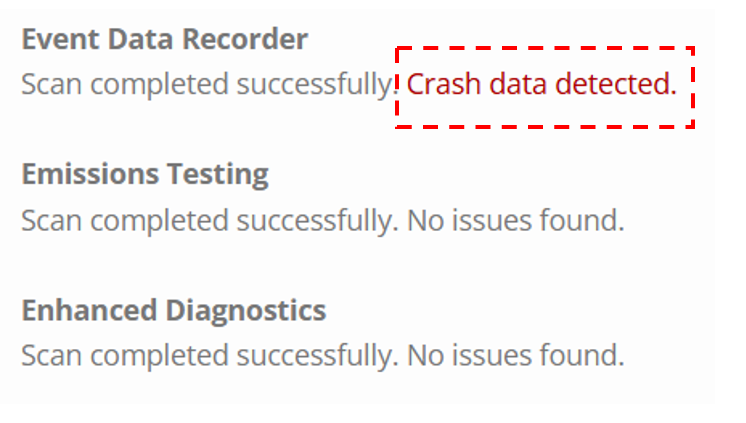
Our client approached us with a problem. How long does EDR data last? They had purchased a brand new Kia from the dealership in early 2024. A few months into their ownership, they noticed their electric charge point at the front of the vehicle had dropped and something was visibly wrong.
Our client had returned to the dealership with the issue and they were stunned to find out the front bumper reinforcer had been severely deformed. When the dealership stated they were not responsible, the client asked for our forensic vehicle examiner to conduct a forensic vehicle investigation.
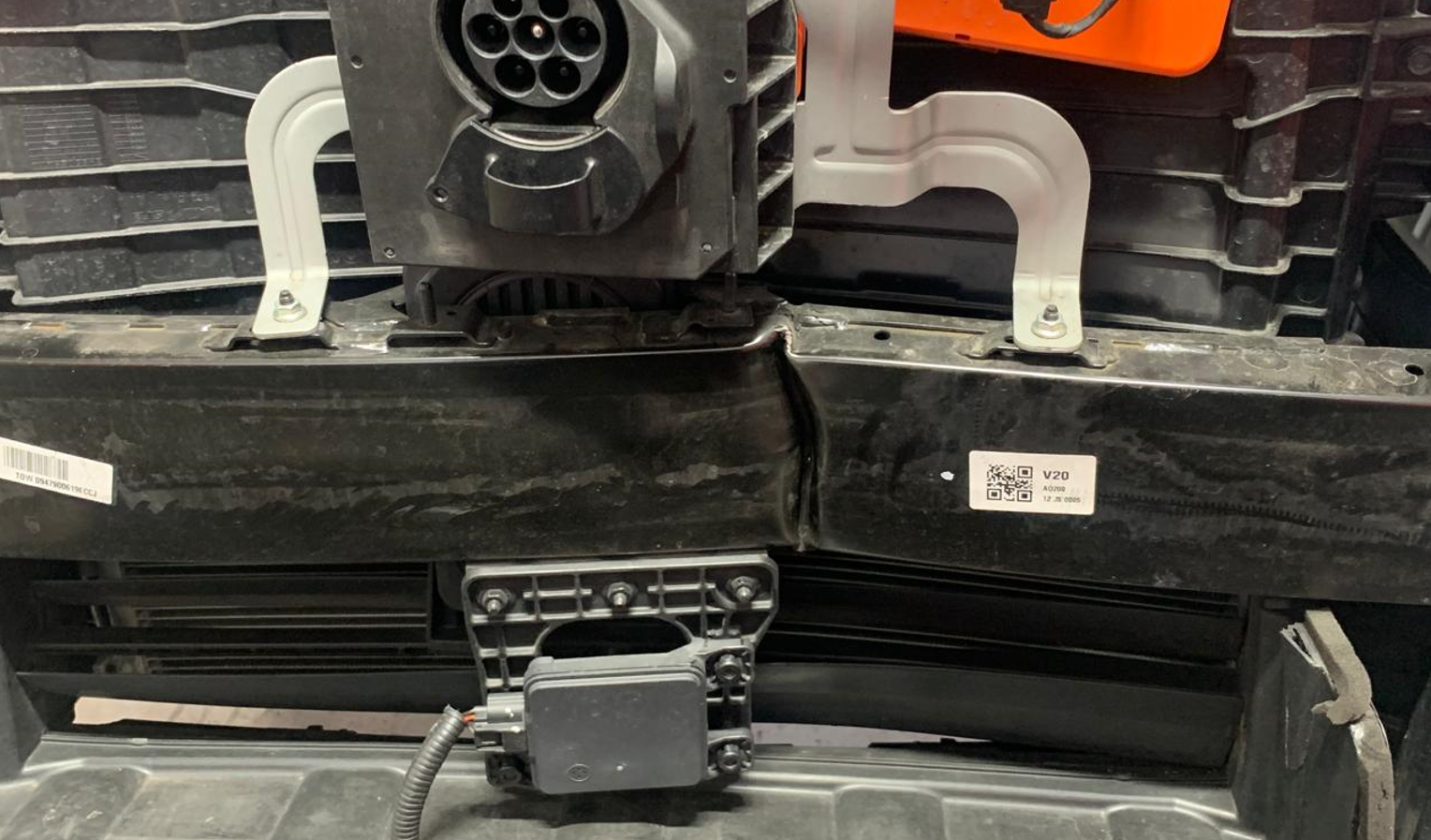
The customer wanted to know whether any event data was present on the Kia event data recorder (Kia EDR), how long does EDR data last, whether our forensic vehicle examiner thought there was likely to be any data in the Kia EDR and whether the Kia EDR data might be able to assist in determing when the damage was likely to have been caused.
Our forensic vehicle examiner started by assessing the evidence a series of pictures the client sent and as a result, our forensic vehicle examiner believed there was a reasonable prospect of data having been recorded on the Kia EDR, given the severity and location of the damage.
Our client found themselves available at the weekend, so we attended, downloaded the Kia EDR and found there was indeed collision data present.
From that data, we were able to provide the client with a likely date range as to when the damage was caused and the circumstances under which it was caused.
So, going back to our original question, how long does EDR data last, the data we recovered was around 6 months old.
This is even more remarkable when you consider that the airbags had not been deployed, as you are generally less likely to recover data from the Kia EDR (or any EDR) when the airbags have not deployed.
It is this reason why when customers ask us "How long does EDR data last?" our response is always the same. Tell us as much about the vehicles involved and the incident as you can and from there we can assess the pro's and con's.
Need an event data recorder downloading (imaging)? Contact us today.
e. enquiry@drivenforensics.co.uk
t. 0113 534 8708


